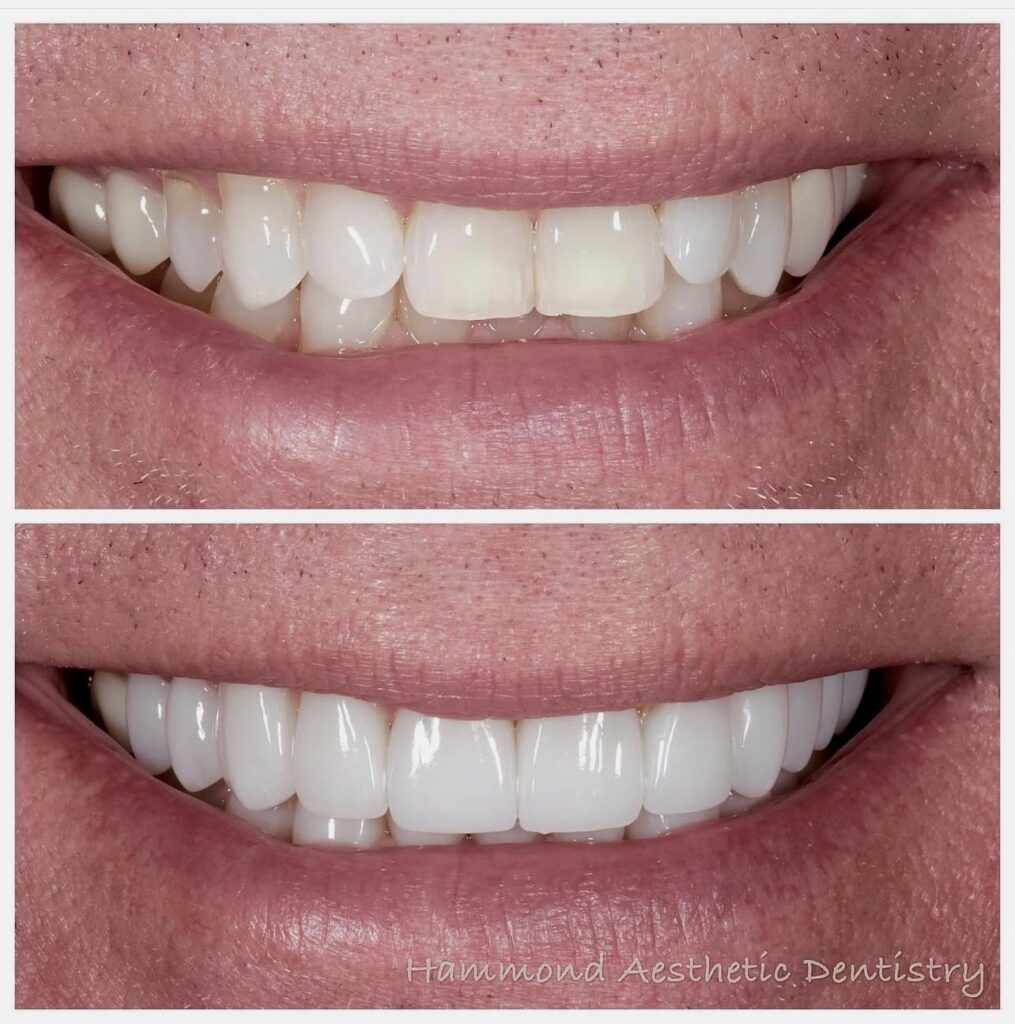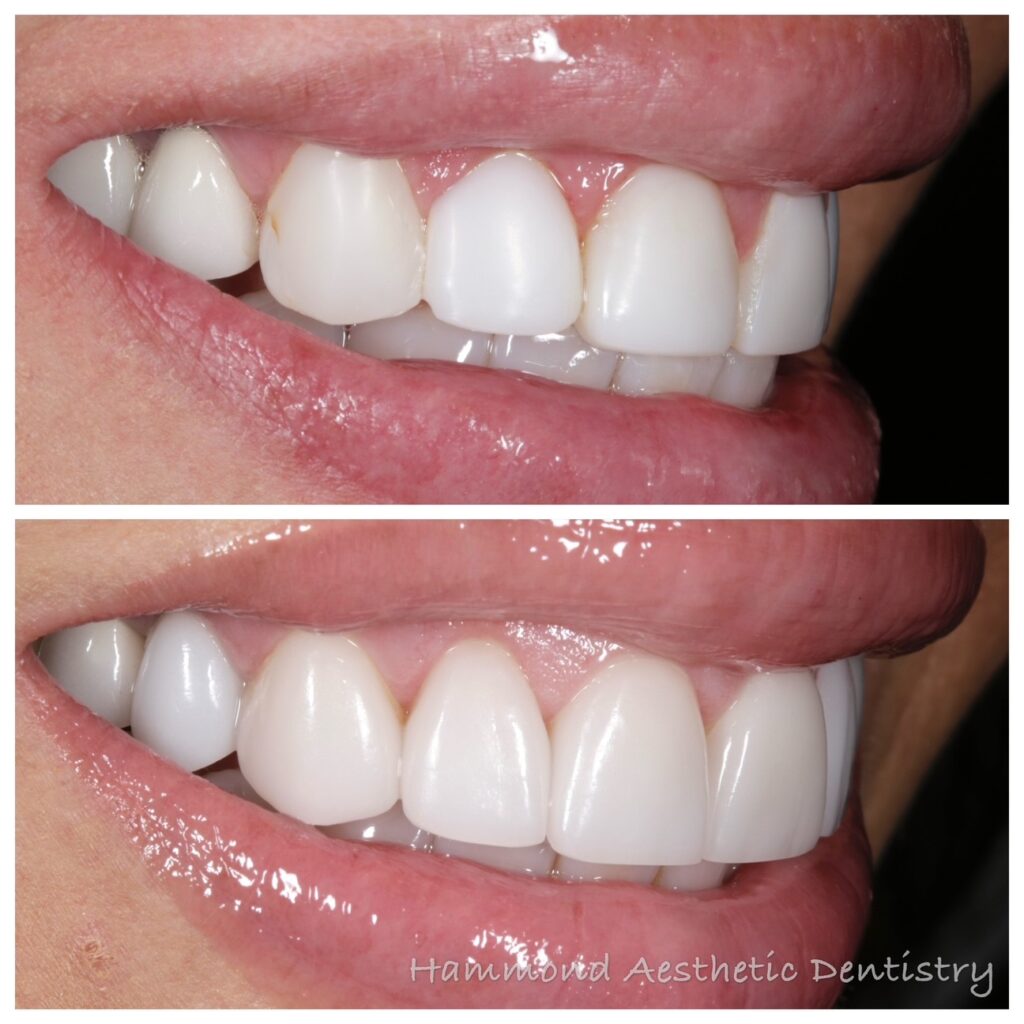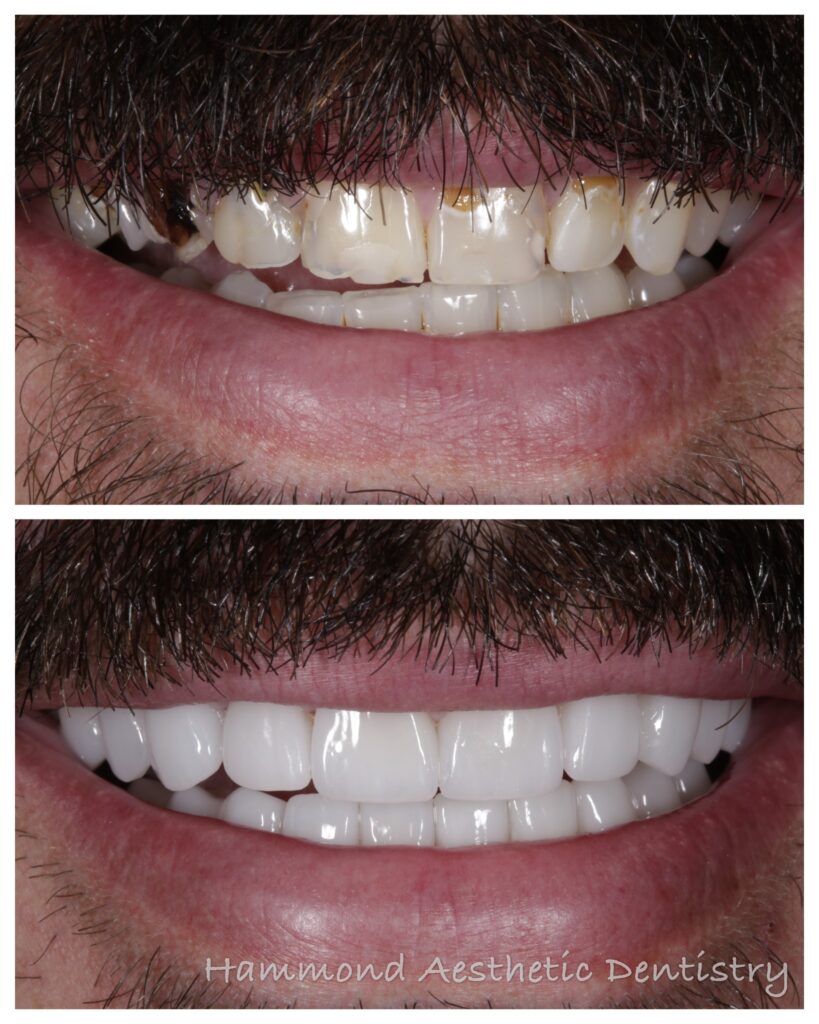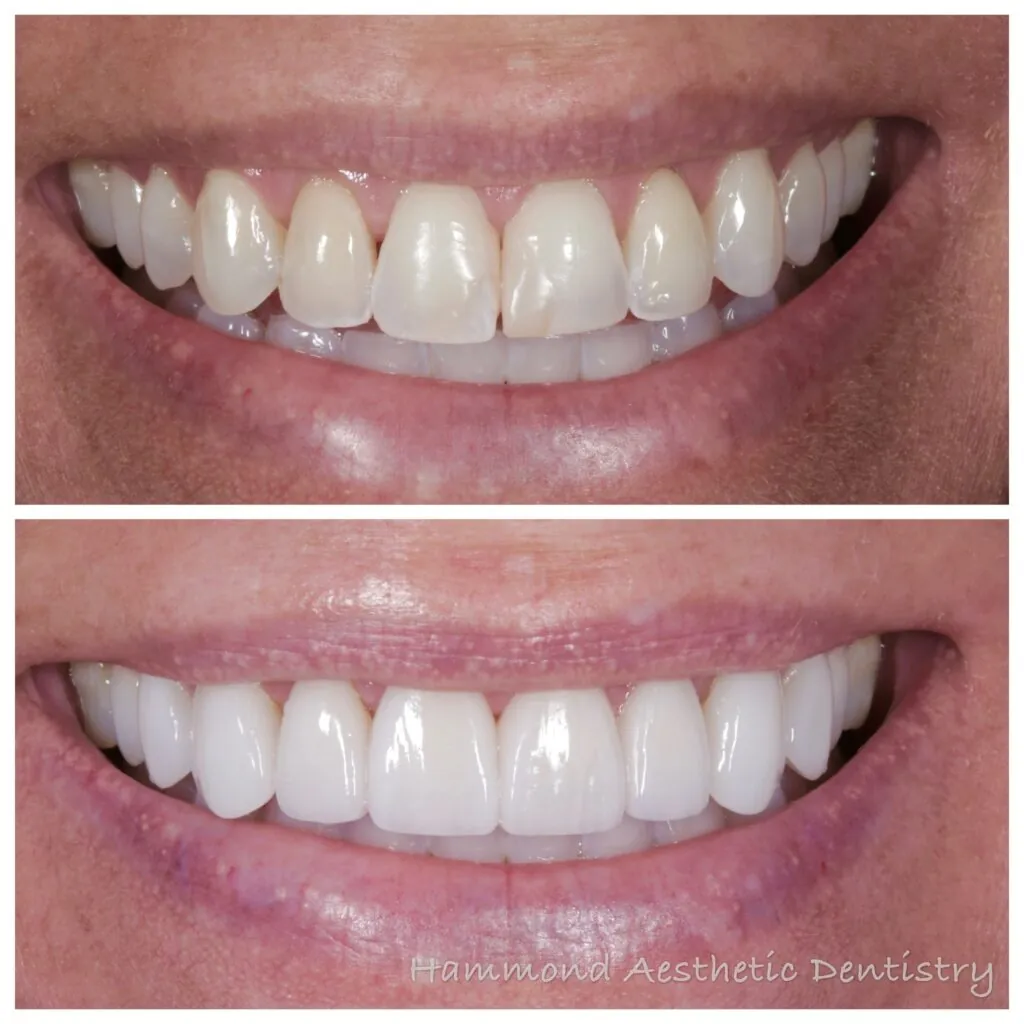Geriatric Dentistry
The smile is one of the most important attributes of the human species and it’s something that is carried throughout life. An abundance of factors can affect the human smile, one being age. A geriatric dentition can span a broad range of ages, according to Eric Z. Shapira, MS, DDS, MAGD, general dentist and spokesperson for the Academy of General Dentistry.
“People are definitely living longer and maintaining their teeth for a longer period of time,” says Dr. Shapira.
Increasing years can bring on gum and bone recession, dry mouth, brittle teeth, periodontal disease and side effects of drug treatment; all of which can deteriorate oral health. “Many older adults are faced with medical problems that can affect their general overall health as well as their dental health,” says Dr. Shapira.
“The older segment of the population on average is taking a lot of medication,” says Dr. Shapira. “Technically, the older generation is not that much different from treating anyone else; however, as dentists, we have to be able to work around the effects of the aging process and instruct people on how to care for themselves with respect to their physical, mental and medical changes.”
Dr. Shapira points out that the most common condition he sees in aging adults is periodontal disease and the inability to open the mouth wide enough for oral exams or brushing. He attributes this to arthritis, a joint condition that affects many older adults. “Arthritis can limit the mobility of the hands and face joints,” explains Dr. Shapira, who treats a majority of older patients, including several over 90 years old. “Limited movement can affect the quality of brushing and care the teeth receive.”
There is an opportunity for the geriatric mouth to still look and feel good. “The fastest growing segment of the population are those over 100,” says Dr. Shapira. “People are living longer due to technological advancements, and their teeth do benefit from these improvements.” Technology in oral health, such as electric toothbrushes and dental implants, can preserve the teeth for those who suffer from arthritis, tooth loss due to decay or periodontal disease.
“There is definitely an opportunity to preserve the smile at all ages,” says Shapira. “It’s new technology in association with an old system; our body. It’s a systems approach to restoring your smile and bringing back its proper function.”
Dr. Eric Shapira is one of more than 70 clinicians that presented the latest developments in oral health and technology at the Academy of General Dentistry’s 48th annual meeting, July 20-23, 2000, in Toronto.





